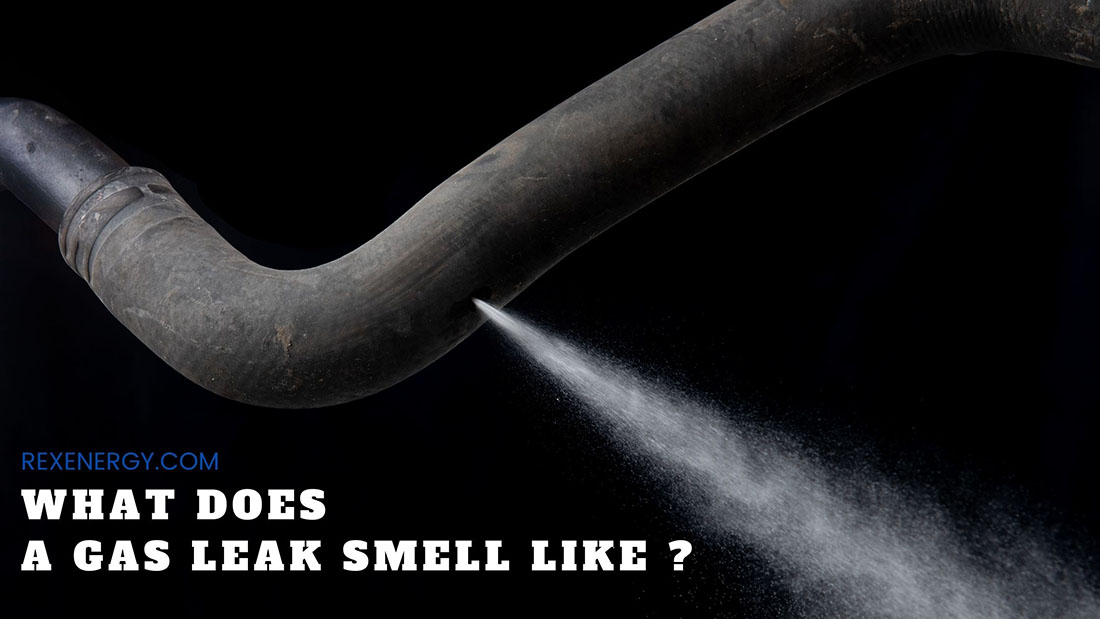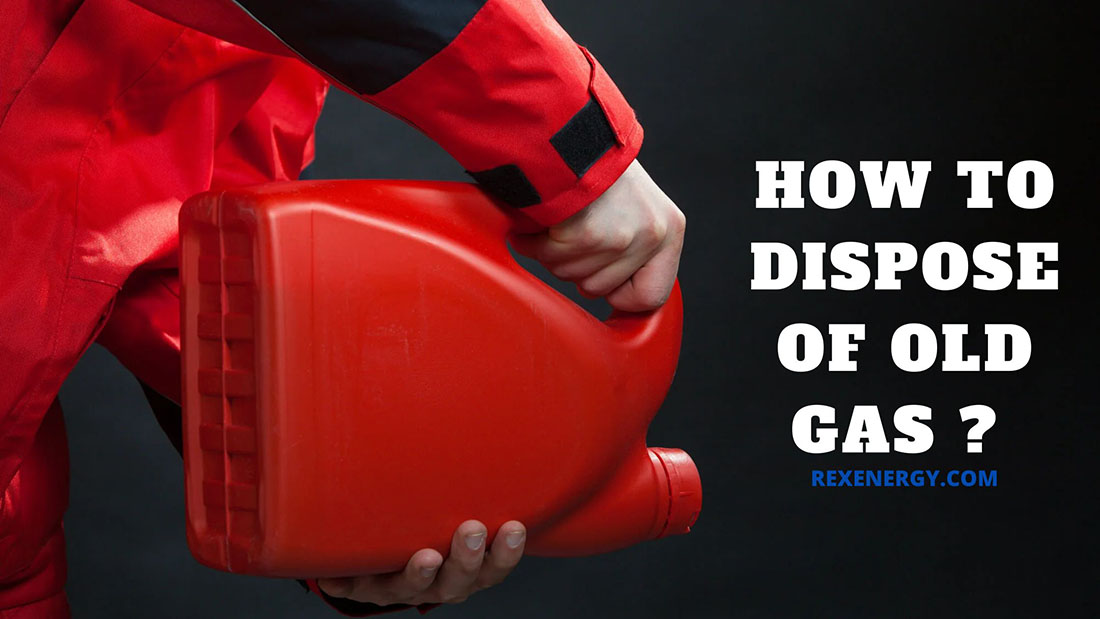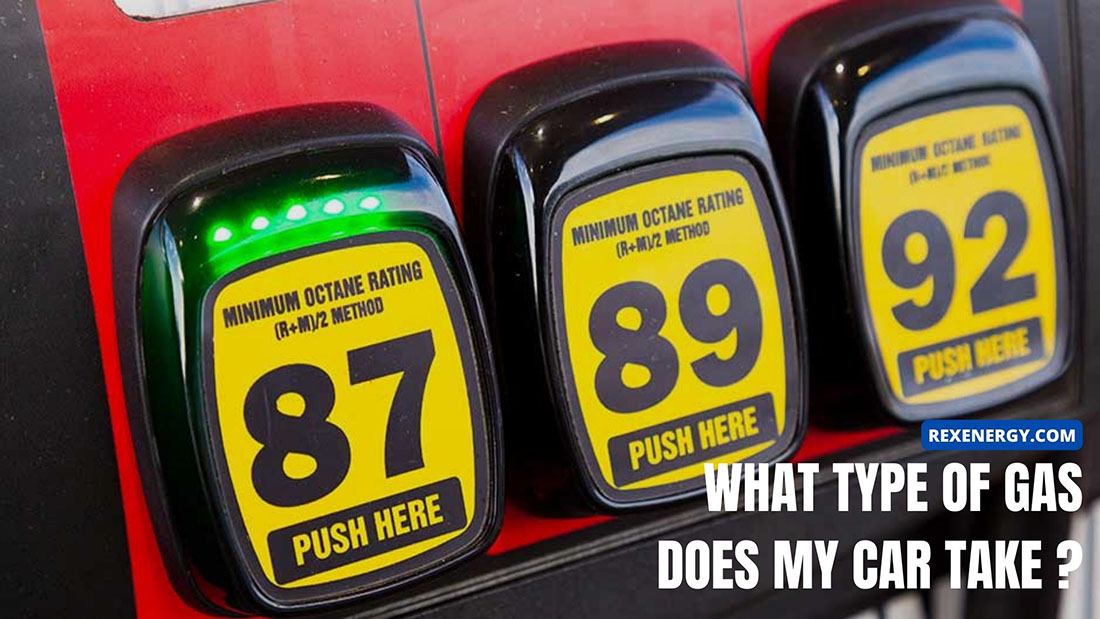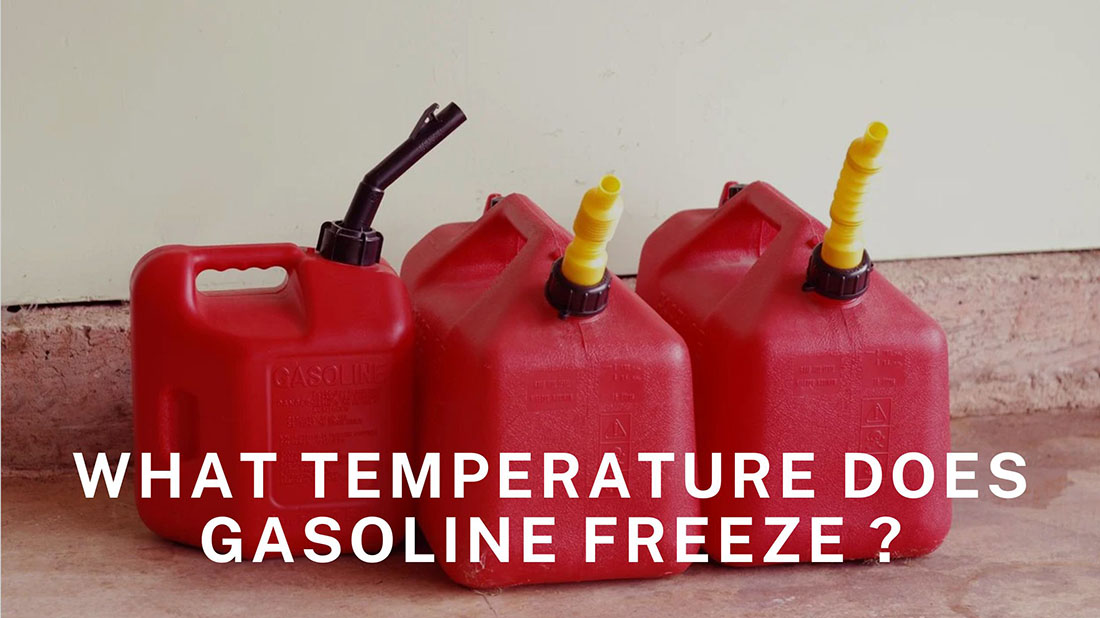Detecting a gas leak through smell is one of the simplest ways to keep potential dangers under control. But that is easier said than done, especially in well-ventilated areas. Many fail to realize the problem until it is too late.
We will discuss the natural gas smell in the house in more detail to help you address the issue. Keep scrolling!
What Does A Gas Leak Smell Like?
Both propane and natural gas smell like rotten eggs or sewage. Natural gas is odorless in nature, so companies have added mercaptan – an odorant – to create a more distinctive smell. Whenever you detect a sulfur-like odor, it might be a potential gas leak.
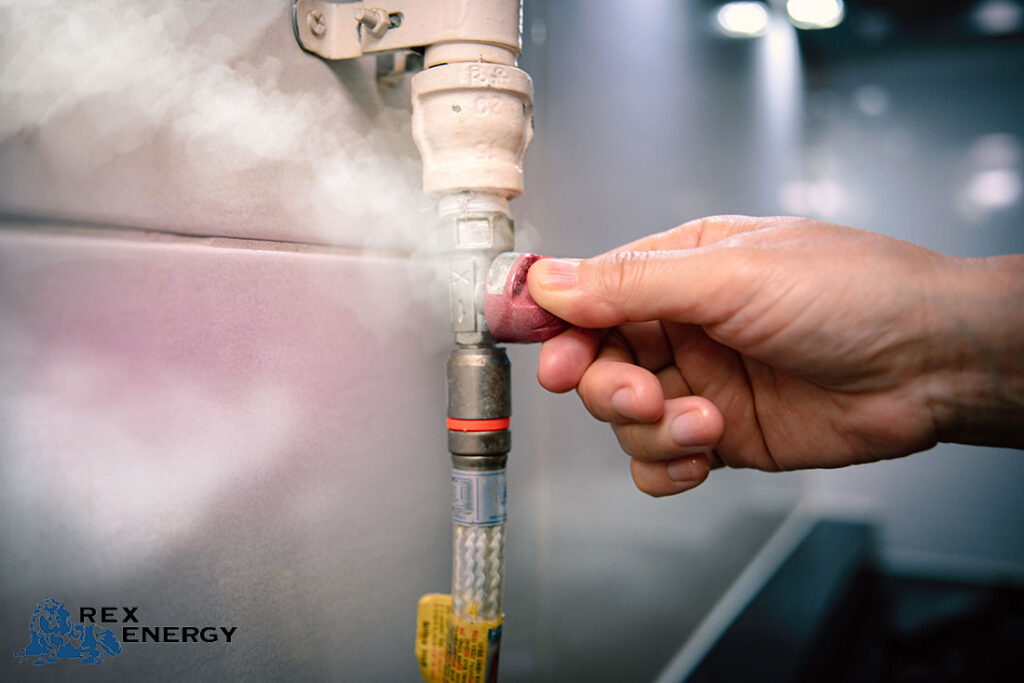
Likewise, propane also emits the same smell due to the similar odorant. Though not as common, propane leaks are equally dangerous. Prolonged exposure to this unpleasant odor will give rise to health effects like headaches, nausea, breathing difficulties, etc.
Other Gas Leak Symptoms That Come With The Smell
- Continuous bubbling outside your house. The leaked gas dissolves into the water and mud in your yard and garden, causing visible bubbles.
- Hissing or roaring sounds. The gas usually hisses loudly when escaping the pipes from the back of your gas appliances.
- Dying plants. Gas leaks displace the oil oxygen, wrecking plant roots and causing premature death.
- Unnatural air and dirt movements. Do the dirt and air move strangely despite no natural breeze or wind? Then, the chances of gas leaks outdoors are high.
- White mist and fog. Too much gas leakage sometimes creates a white, dense mist or fog that is easy to recognize, especially at cold temperatures.
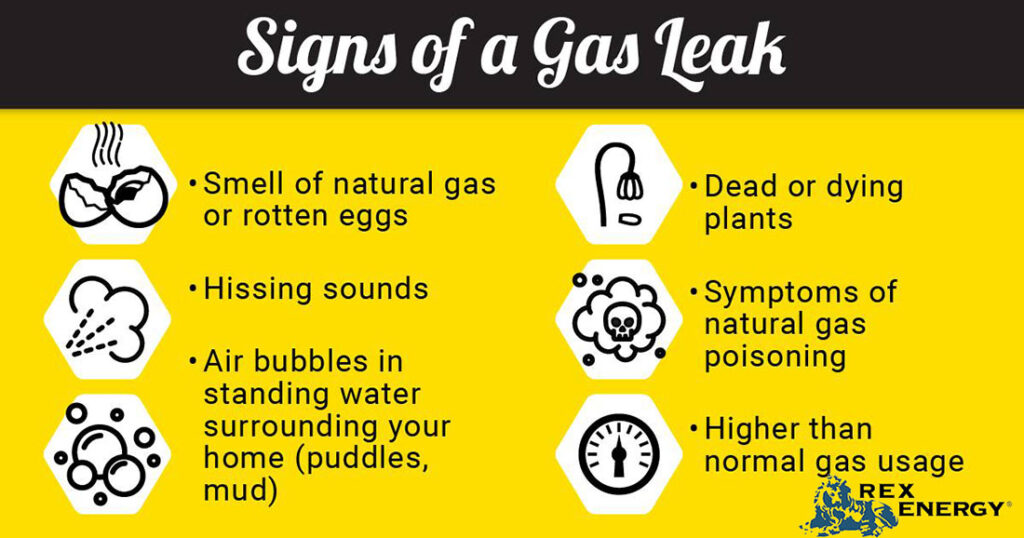
What To Do When The Gas Leaks?
- Leave your house immediately and make sure nobody stays behind.
- Contact a utility company to handle the problem, and do not touch anything that might ignite sparks, like matches, lights, etc. Don’t use electronic devices or your phone near the gas leak.
- Open doors and windows while getting out to disperse the gas and provide some ventilation.
- Turn the valve off if you know where it is. For those inexperienced, do not try to work out the source of the gas leak by yourself, especially when the odor is strong.
Why Does My House Smell Like Gas But There Are No Leaks?
These are some possible scenarios:
- Your house is poorly ventilated, and the gas vapor still lingers after use.
- The gas leaks come from the neighboring house.
- You have rotten eggs, bacteria, strong bleach, or burning plastic somewhere around the house.
- There are some problems with the sewage drain.
While these issues are not as urgent as an actual gas leak, confirm them as soon as possible to save yourself from more headaches.
Conclusion
Most gasoline has a strong and distinctive odor, making it easy to detect leakage early if you pay close attention.
Still, other sources like regular trash, bacteria, or cleaning products in the house might smell similarly, so double-check other telltale symptoms of natural gas leaks to confirm and handle the issue more properly.

